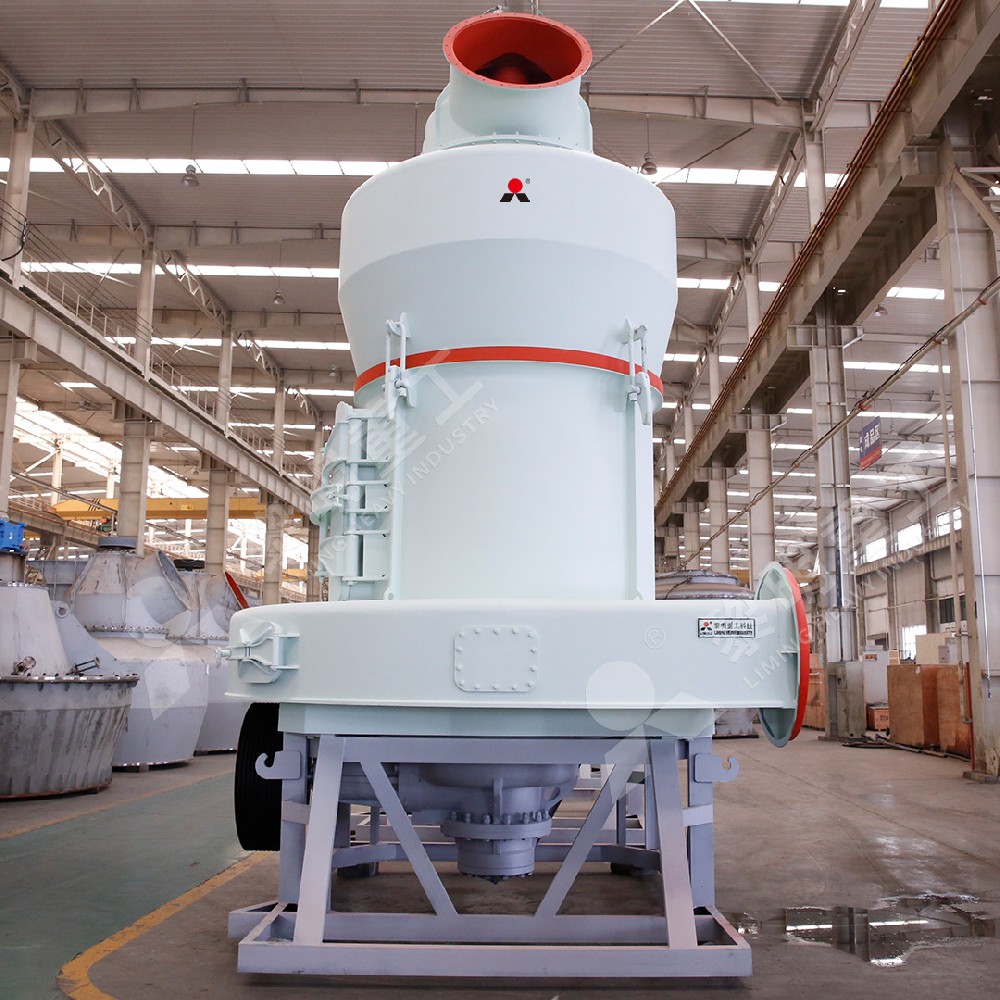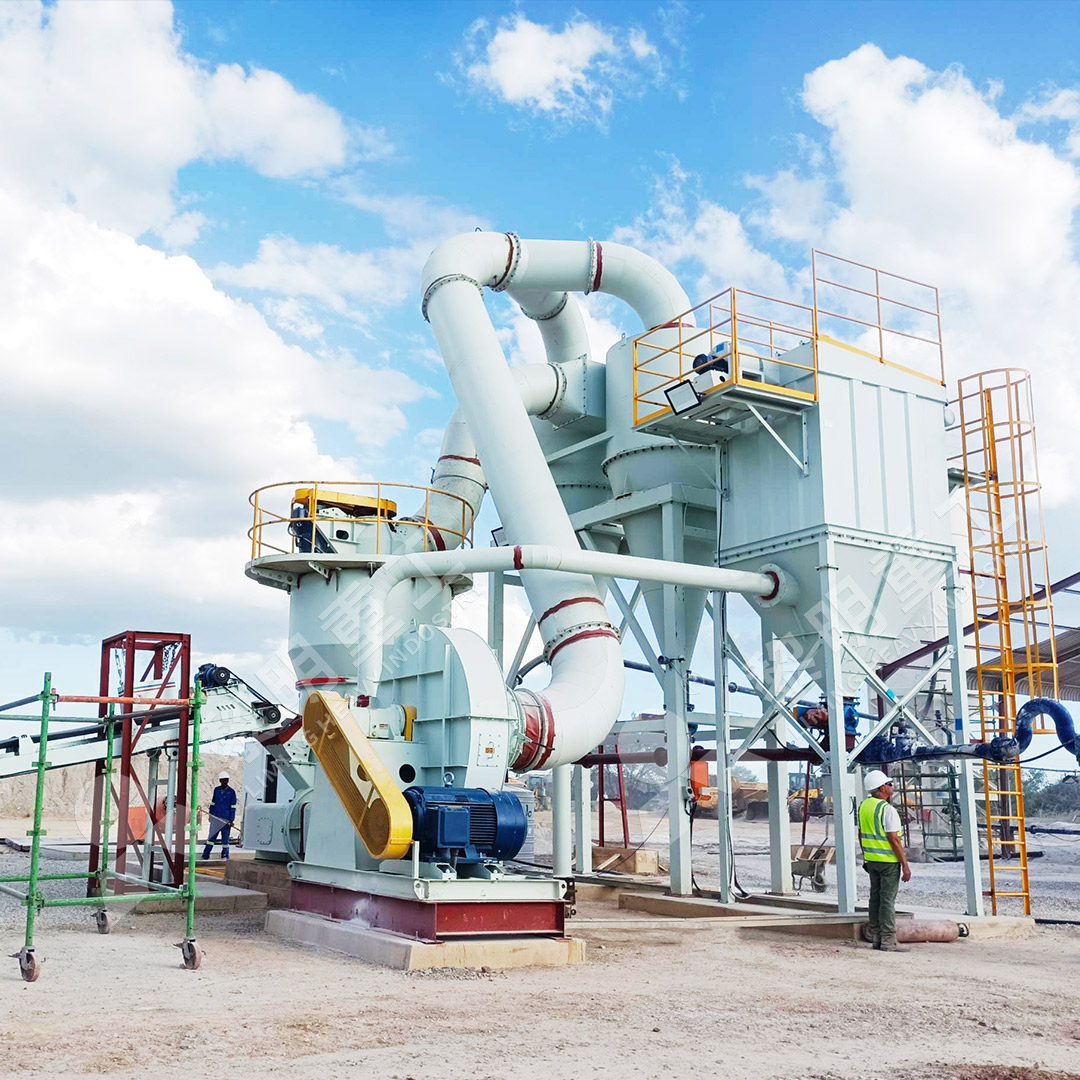Optimizing Australian Ground Calcium Carbonate (GCC) Production: A Guide to Advanced Grinding Mills
The production of high-quality Ground Calcium Carbonate (GCC) is a cornerstone of Australia's industrial minerals sector. With abundant and high-purity limestone resources, the efficiency of the grinding process directly determines the final product's value and market applicability. Selecting the right grinding mill is not just about reducing particle size; it's about unlocking the full potential of Australian calcium carbonate for a diverse range of industries, from plastics and paints to agriculture and construction.
Australian GCC is prized for its brightness and low levels of abrasive impurities. To preserve these qualities, the grinding technology must offer precise control over particle size distribution (PSD) and minimal contamination. Modern mills are engineered to achieve this through robust, wear-resistant materials and advanced classification systems.

Key grinding solutions prevalent in the Australian market include:
Vertical Roller Mills (VRM): Ideal for large-scale production, VRMs are highly efficient for coarse to medium-fine grinding, offering significant energy savings.
Ring Roller Mills (Raymond Mill): A reliable workhorse for producing powders in the 100-400 mesh range, known for its stability and lower initial investment.
Ball Mills and Classifier Systems: For achieving ultra-fine GCC products (below 10 microns), ball mills coupled with high-efficiency air classifiers provide unparalleled PSD control.
Ultra-fine Grinding Mills: Technologies like stirred media mills are employed for specialty GCC products requiring sub-micron or nano-particle sizes.
Investing in the correct milling technology ensures that Australian GCC producers can meet stringent international specifications, enhance product consistency, and improve overall operational profitability.

FAQ:
1. What is the most energy-efficient type of mill for producing coarse GCC in Australia?
For high-tonnage production of coarse to medium-fine GCC (e.g., for agricultural or construction use), Vertical Roller Mills (VRMs) are generally the most energy-efficient. Their design utilizes a roller and table mechanism that applies pressure directly to the material, significantly reducing power consumption compared to traditional ball mills for similar output sizes.
2. How do we prevent iron contamination during the grinding of high-brightness GCC?
Iron contamination, which reduces product whiteness, is minimized through several methods. Modern mills use ceramic or high-chromium alloy linings and grinding media. Furthermore, magnetic separators are installed before and after the grinding circuit to remove any ferrous impurities introduced with the feed material or from minute wear parts.
3. Can one grinding mill produce multiple grades of GCC powder?
While some mills have a adjustable range, it is often limited. For truly flexible production across a wide spectrum of fineness (e.g., from 200 mesh to 1,000 mesh), a system incorporating a ball mill with a high-efficiency dynamic classifier is recommended. The classifier wheel speed can be adjusted to select different particle sizes without stopping the mill.
4. What are the key maintenance points for a GCC ring roller mill?
The primary wear parts in a ring roller mill are the grinding rolls and the grinding ring. A scheduled maintenance program should include regular inspection of these components for wear, lubrication of the roller assembly, and checking the condition of the classifier blades. Proper maintenance ensures consistent product fineness and maximizes the mill's operational lifespan.
5. Why is particle size distribution (PSD) more important than just an average size?
A narrow and consistent PSD is critical for GCC performance. For example, in plastics, a broad PSD with many fine particles can increase resin demand, while too many coarse particles can impact surface finish. Precise PSD control ensures optimal packing density, reactivity, and reinforcement in the final application, which is a key quality differentiator.





